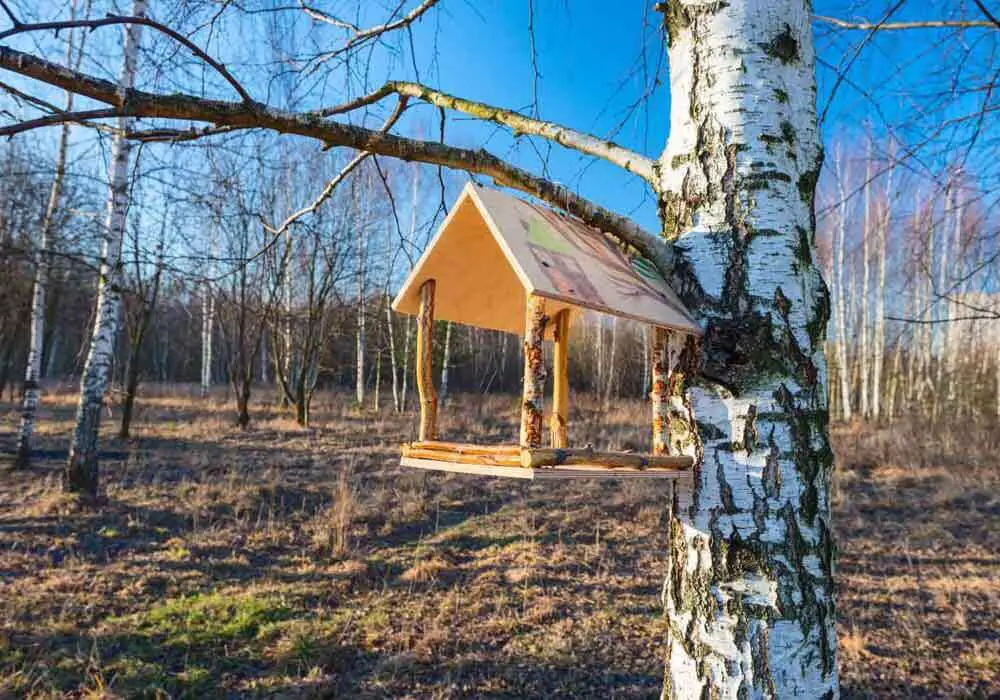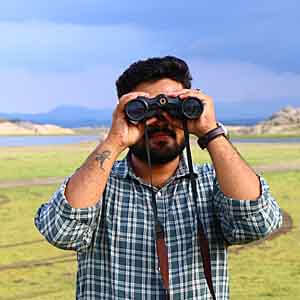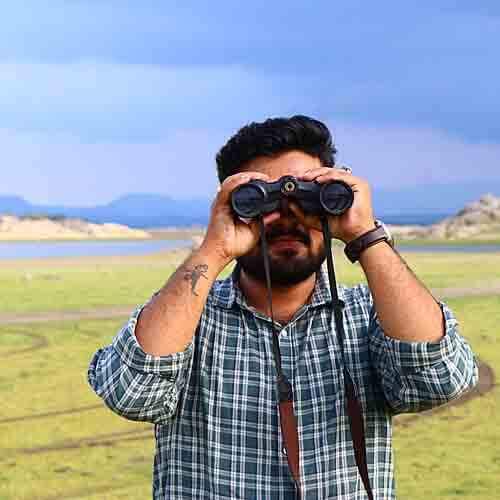What Happens If I Stop Feeding Birds?
Will They Starve?
A widespread question among bird lovers and enthusiasts
is: what happens if I stop feeding birds? Many of us get immense pleasure from
creating a welcoming environment for our chirpy friends, providing them food,
and watching their antics. But there can be circumstances when you may have to
stop feeding them or wonder about the effects if you did.
Before meatily examining this query, it's crucial to
understand the various preconditions that underpin this topic. These mainly
include the impact of seasonal events on birds' ability to feed naturally,
their dependency on artificial feeding, and other relevant circumstances such
as their habitat, migratory patterns, and availability of natural food.

Indeed, seasonal events hugely influence a bird's feeding
needs. For instance, during the harsh winter months, your backyard feeding
station might be a lifesaver for many birds, providing them with an easily
accessible, nutritious food source. Contrastingly, in the summer, ample feeding
opportunities are available to these creatures, making them less reliant on
bird feeders.
Bird feeding dependency is another substantial factor that requires consideration. Some species may begin to rely heavily on the food that's regularly available in bird feeders. So what happens if I suddenly stop feeding birds? Would they be capable of shifting their reliance back to natural food sources?
Working together, these conditions paint an intricate
picture of the bird-feeding world, leading us on to our main content: What
happens if I stop feeding birds? To answer this question, we'll delve into
various scenarios, including stopping in the winter, summer, and the question
of birds becoming dependent on feeders.
What Happens If I Stop Feeding Birds In The Winter?
The winter months can be harsh for many bird species. Temperatures plummet, days shorten, and natural food resources diminish, making survival a real challenge. If you have been consistently feeding birds during winter and then suddenly stop, it could indeed have a significant effect on their survival and well-being.
Birds that have become accustomed to your feeders as a
reliable food source may struggle initially to find alternate sources. However,
it's important to know that most wild birds are highly adaptable, and while
they appreciate feeder offerings, they usually don't solely rely on them.
Will Wild Birds Die If I Stop Feeding Them?
There's grave concern about the welfare of birds if one stops feeding them, especially during the winter months. However, the consensus among ornithologists is that birds are resourceful creatures. Even if one source of food is abruptly removed, they will spend their time hunting for other food sources.
Though, in severe weather conditions, if birds cannot
find enough food elsewhere, there could indeed be consequences. Providing a
consistent food source during these periods can contribute significantly
towards their survival.
Can I Stop Feeding Birds In The Summer?
Unlike winter, stopping feeding birds in summertime usually carries with it less potential for severe repercussions. During the summer, insects, seeds, and fruits are abundant, and birds can easily switch to these natural food sources.
If you generally feed birds and want to stop in the
summer, rest assured, they are likely to adapt rapidly to your decision. Birds
are explorers at heart, and they will find plenty of alternative supplies even
if your feeder is not available.

When feeding birds, is feeding them year round OK? Or is feeding them at certain times preferable to others? I wrote this article with this question in mind...Should You Feed Birds Year Round?
Do Birds Become Dependent On Feeders?
The possibility of dependency is often triggered when pondering: what happens if I stop feeding birds? Specifically, do birds become dependent on feeders? Indeed, certain birds may come to see your station as a reliable source of food and may visit it frequently.
However, studies have shown that birds do not solely rely on feeders for their entire food intake. They view feeders as a part of a blend of food sources that they exploit to survive. This ability to resourcefully alternate between different food sources is an essential part of their survival strategy.
Remember, like us, birds prefer diversification in their
diets. Thus, by relying solely on feeders, they would be missing out on crucial
nutrients present in their natural diet. In a sense, this preference for varied
diets provides a buffer against complete dependence on artificial feeders.
If for any reason, you decide or need to stop feeding birds, it would be best to do it gradually. This way, birds get the chance to adjust their feeding habits and start moving further afield in search of food.
On an eco-ethics level, there's always a debate about whether humans should intervene in nature. Some claim that birds can, and should, fend for themselves. Meanwhile, others argue that due to habitat loss and climate changes caused by human action, helping birds is more necessary than ever.
Ultimately, feeding birds is an individual choice that comes down to personal motives: be it for bird-watching, love for nature, or aiding in bird conservation. However, if you choose to be a feeder, it's important to comprehend the impact of stopping feeding and how it might affect the local bird community in various scenarios and times of the year.
Remember, while feeder birds would certainly miss their
supplementary meal if you stop, they’ll most likely continue living, sourcing
food from other feeders or natural resources.
As we wrap up, it’s clear that the question "what
happens if I stop feeding birds?" has no one-size-fits-all answer. It's
dependent on several variables, including the prevalent season, natural food
availability, and the adaptability and resilience of birds themselves.
To minimize potential disruption to our feathered friends, we can adhere to responsibly feeding techniques, like regularity over a season, diversification in feed types, maintaining clean feeding stations, and tapering off feeding instead of abrupt halting.
Remember that feeding birds should go hand-in-hand with fostering natural habitats. Planting native trees and plants, maintaining garden biodiversity, and creating bird-friendly environments can encourage wild birds to maintain their natural feeding behavior, thus reducing their potential dependence on feeders.
In a nutshell, while we can enjoy the pleasure of feeding
birds and observing them up close, it's critical to remember that our feathered
friends are, at their core, wild creatures. Despite the convenience of feeders,
they are quite capable of reverting back to their natural foraging habits when
the free food runs out.

About the Author...
Richard Worden, a dedicated bird lover for over 20 years, I love to share my in-depth knowledge and passion for birds. Read more About Me and my expertise in this field.
- We Know Birds HOME ›
- Bird Facts and Information ›
- What Happens If I Stop Feeding Birds?



